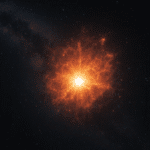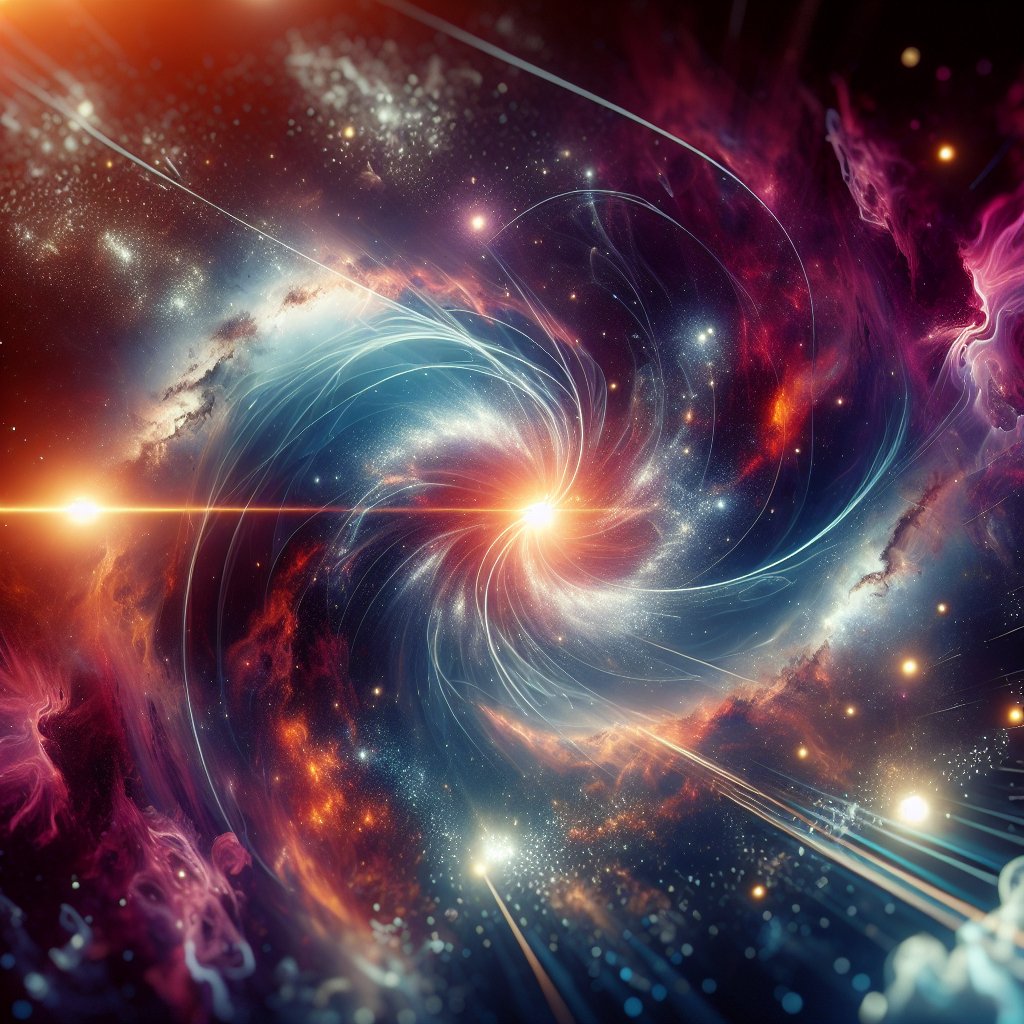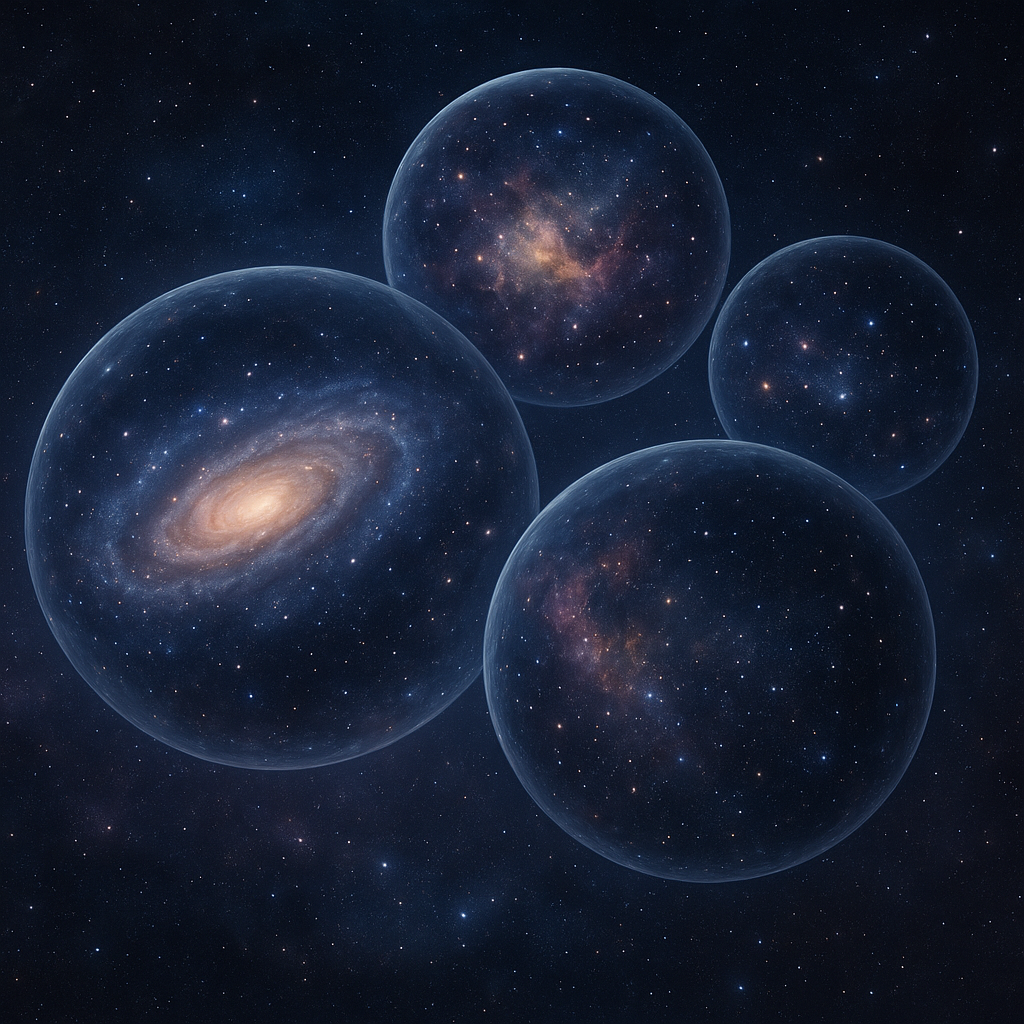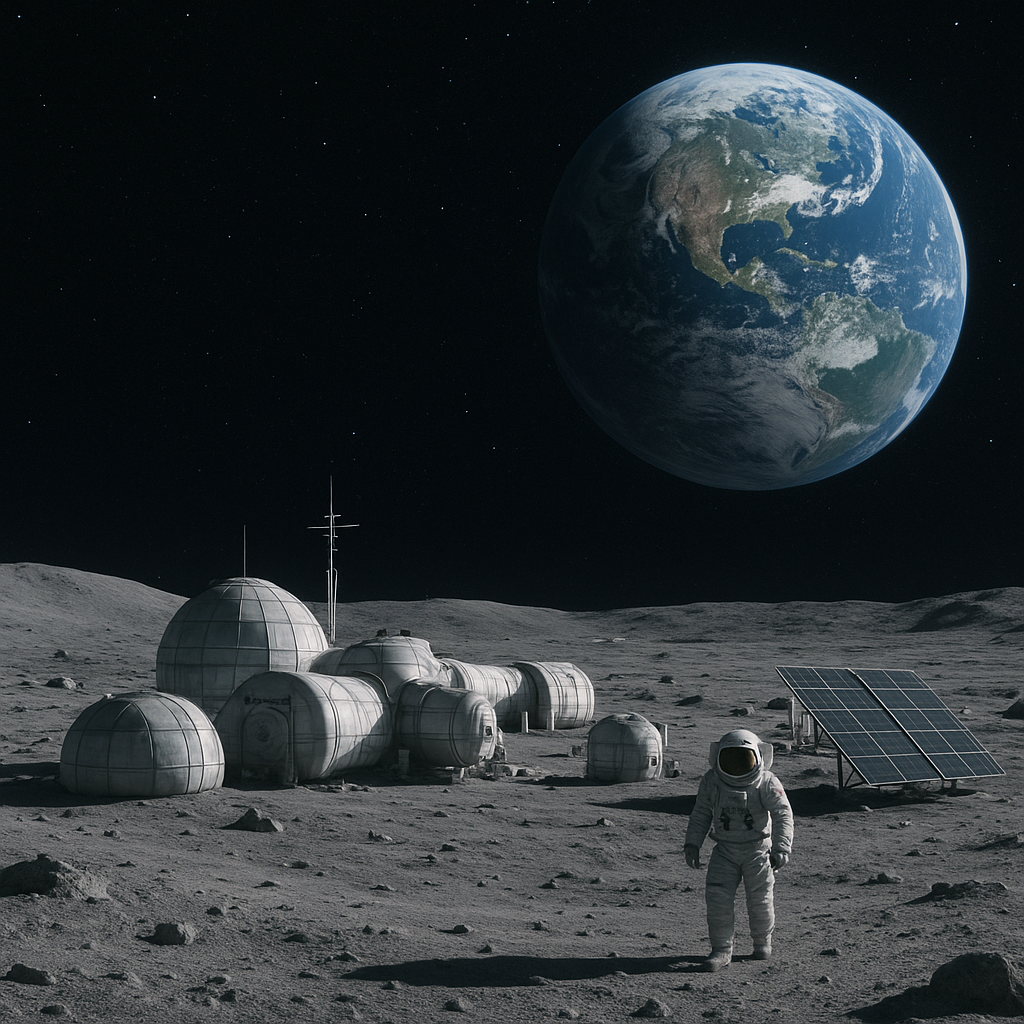The Big Bang Theory has long been the cornerstone of cosmological understanding, providing a framework for explaining the origins and evolution of the universe. However, recent advancements in technology and theoretical physics have led to new insights and controversies that challenge traditional interpretations of this seminal theory. This article delves into the latest developments in Big Bang cosmology, exploring both the groundbreaking discoveries and the debates they have sparked within the scientific community.
New Insights into the Early Universe
In recent years, advancements in observational technology have allowed scientists to peer further back in time than ever before, offering unprecedented glimpses into the early universe. The deployment of sophisticated telescopes, such as the James Webb Space Telescope, has provided astronomers with the tools to observe the universe’s infancy with remarkable clarity. These observations have led to several new insights that are reshaping our understanding of the Big Bang and the subsequent evolution of the cosmos.
One of the most significant breakthroughs has been the detection of primordial gravitational waves. These ripples in spacetime, first predicted by Albert Einstein’s theory of general relativity, are believed to be remnants of the universe’s rapid expansion during the inflationary epoch. The discovery of these waves not only provides direct evidence for inflation but also offers a new window into the conditions that prevailed in the universe’s earliest moments.
Additionally, the study of cosmic microwave background (CMB) radiation has yielded new information about the universe’s composition and structure. The CMB, often described as the afterglow of the Big Bang, contains subtle fluctuations that reveal the distribution of matter and energy in the early universe. Recent analyses of CMB data have suggested the presence of anomalies that could point to new physics beyond the standard cosmological model, prompting scientists to reconsider some of the fundamental assumptions underlying the Big Bang Theory.
Controversies and Challenges
While these new insights have enriched our understanding of the universe’s origins, they have also sparked controversies and challenges that have divided the scientific community. One of the most contentious issues is the nature of dark matter and dark energy, which together constitute approximately 95% of the universe’s total mass-energy content. Despite their significant influence on cosmic evolution, these mysterious components remain poorly understood, and their existence is inferred primarily through their gravitational effects on visible matter.
Some researchers have proposed alternative theories that challenge the conventional understanding of dark matter and dark energy. For instance, modified gravity theories suggest that the observed effects attributed to dark matter could be explained by changes in the laws of gravity at cosmic scales. Similarly, some cosmologists argue that dark energy might not be a distinct entity but rather a manifestation of a more complex gravitational framework. These alternative models, while intriguing, have yet to gain widespread acceptance, as they often struggle to account for the full range of observational data.
Another area of controversy involves the concept of a multiverse, which posits the existence of multiple, potentially infinite, universes beyond our own. This idea arises from certain interpretations of quantum mechanics and inflationary cosmology, suggesting that our universe is just one of many in a vast multiverse. While the multiverse hypothesis offers a potential solution to some of the puzzles of cosmology, such as the fine-tuning of physical constants, it also raises philosophical and scientific questions about the nature of reality and the limits of empirical verification.
The Future of Big Bang Cosmology
As the field of cosmology continues to evolve, the Big Bang Theory remains a central focus of research and debate. Future advancements in observational technology, such as next-generation telescopes and space missions, promise to provide even more detailed data about the universe’s early history and its large-scale structure. These observations will be crucial in testing the predictions of various cosmological models and refining our understanding of the fundamental forces and particles that govern the cosmos.
Moreover, theoretical developments in areas such as quantum gravity and string theory may offer new insights into the conditions that prevailed at the moment of the Big Bang and the subsequent evolution of the universe. By bridging the gap between quantum mechanics and general relativity, these theories could provide a more comprehensive framework for understanding the universe’s origins and its ultimate fate.
In conclusion, the Big Bang Theory remains a vibrant and dynamic area of scientific inquiry, continually enriched by new discoveries and theoretical advancements. While recent insights have deepened our understanding of the universe’s beginnings, they have also highlighted the complexities and challenges that lie ahead. As scientists continue to explore the cosmos, the Big Bang Theory will undoubtedly remain a central pillar of cosmological research, guiding our quest to unravel the mysteries of the universe.










